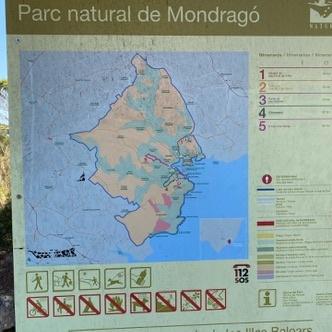How are local residents and businesses encouraged to conserve water in Mallorca?
Similar Topics
water conservation mallorca
sustainable water use
water-saving incentives
irrigation technologies
public awareness campaigns
water regulations mallorca
water-efficient appliances
drought water restrictions
In Mallorca, local residents and businesses are encouraged to conserve water through a combination of public awareness campaigns, regulatory measures, and practical incentives. The Balearic government, which oversees the island's water management, invests in educational programs aimed at highlighting the importance of sustainable water use, especially given the region’s Mediterranean climate and seasonal drought risks. These initiatives often emphasize the benefits of reducing water consumption in everyday activities, such as limiting irrigation during dry months and using water-efficient appliances indoors.
Additionally, there are regulatory guidelines in place that promote water savings, particularly for businesses in agriculture and tourism, two key sectors on the island. Farmers are encouraged to adopt advanced irrigation technologies like drip irrigation to minimize water loss. Hotels and restaurants, major consumers of water, are often guided to implement water-saving measures such as installing low-flow fittings and encouraging guests to reuse towels and linens. In some cases, local authorities also enforce restrictions during drought periods to curb excessive water use, reinforcing the need for conservation.
Financial incentives further motivate water-saving behavior. Subsidies or discounts may be available for residents and businesses that invest in water-efficient technologies or rainwater harvesting systems. Public utility companies sometimes offer tiered pricing structures that increase rates for heavy consumption, discouraging wasteful practices. Through these combined efforts—education, regulation, and economic incentives—Mallorca seeks to maintain its water resources sustainably, protecting them for both the local population and the many visitors who enjoy the island’s natural beauty year-round.
Additionally, there are regulatory guidelines in place that promote water savings, particularly for businesses in agriculture and tourism, two key sectors on the island. Farmers are encouraged to adopt advanced irrigation technologies like drip irrigation to minimize water loss. Hotels and restaurants, major consumers of water, are often guided to implement water-saving measures such as installing low-flow fittings and encouraging guests to reuse towels and linens. In some cases, local authorities also enforce restrictions during drought periods to curb excessive water use, reinforcing the need for conservation.
Financial incentives further motivate water-saving behavior. Subsidies or discounts may be available for residents and businesses that invest in water-efficient technologies or rainwater harvesting systems. Public utility companies sometimes offer tiered pricing structures that increase rates for heavy consumption, discouraging wasteful practices. Through these combined efforts—education, regulation, and economic incentives—Mallorca seeks to maintain its water resources sustainably, protecting them for both the local population and the many visitors who enjoy the island’s natural beauty year-round.
🧩 Related Questions
Related Question
What role do regional slang and idiomatic expressions play in complicating communication for non-native Catalan speakers in Mallorca?
Related Question
Can tourists attend astrology-themed events or festivals in Mallorca throughout the year?
Related Question
What are some traditional ingredients that have been consistently used in Mallorcan cuisine throughout its history?
